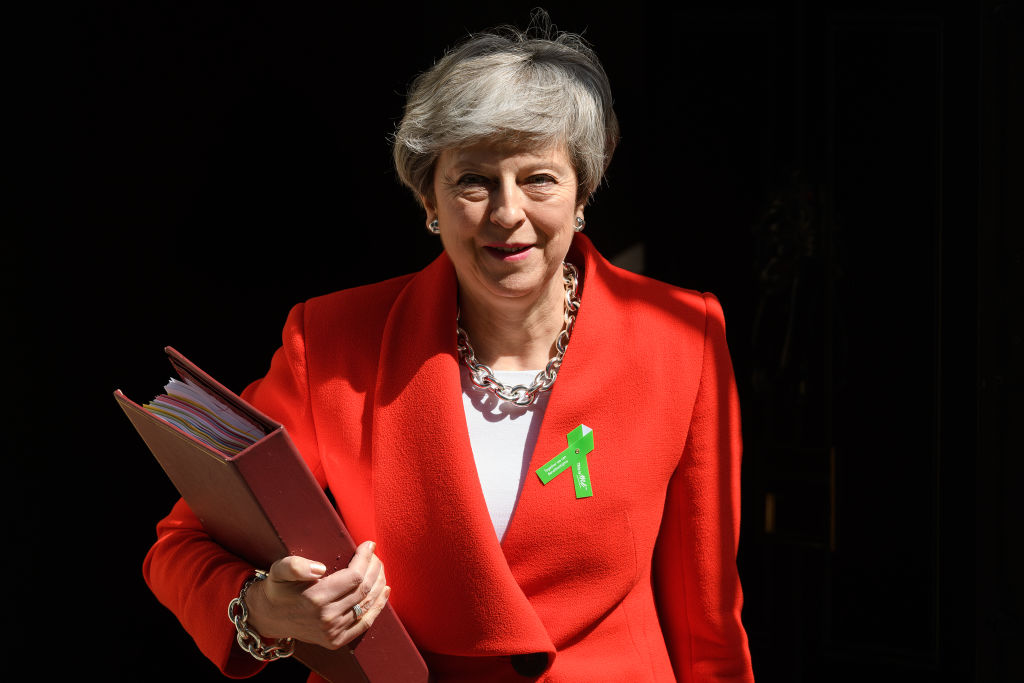In less than a month, Theresa May’s premiership will be history. If she is remembered at all, it will mainly be for Brexit. She took on a near-impossible task, made it harder (her misjudged ‘red lines’ from autumn 2016 will always haunt her), and finally failed at it.
That had many consequences, not least the neglect of domestic policy. The burning injustices she so memorably listed on the Downing Street step are still blazing away. Poor social mobility, health inequality, racial bias in the justice system, a dysfunctional housing market and poor provision for mental health problems – all remain unresolved.
It is therefore understandable that Theresa May wants to use her last weeks in office to try to change that; trying to sign off new spending on education and mental health services outside the normal Treasury-controlled budgeting process, and legislating for ‘net zero’ emissions by 2050.
I think May’s diagnosis of those problems is convincing and I’m sympathetic to some of her prescriptions: more money for schools and – especially – colleges would be welcome. But this is not the way to deliver sustainable change.
If May is seen as trying to force through measures that she didn’t win the case for in her prime, she will simply underline her failure to make progress on them when she had the chance.
Worse, any policy enacted without a full and vigorous debate always rests on weak foundations, easy for others to topple. If policies on the legacy list become too closely associated with May and her dying administration, there may even be a political gain to be made in junking them.
Every new PM wants to distinguish themselves with the failures (real and alleged) of their predecessor, and ditching some of May’s bequests would be an easy way to ‘draw a line’ under her failed premiership. Tweaking the ‘net zero’ plan might just prove to be an easy way for Prime Minister Johnson (who has already u-turned on Heathrow, remember) to appease some on the Tory Right. Theresa May should remember this: she made great play of ditching her predecessor’s agenda, burying David Cameron and his works, by (unwisely) promising more grammar schools.
Still, David Cameron’s example is a reminder that we shouldn’t be too harsh on May in her final days; there are worse ways things for a lame duck PM to behave. Never forget that in the summer of 2016, in between breaking his promise not to resign as PM and breaking his promise not to resign as an MP, David Cameron eschewed preparing Britain for Brexit and instead spent his time composing a resignation honours list that was embarrassing even by the low standards of the genre.
Perhaps, with the benefit of hindsight, history will judge that compared with knighting your press officer and making your wife’s stylist an OBE, May’s desire to spend some money to help poor kids get a better education wasn’t so bad after all.
As for the bigger judgement on the two, I’ll leave this as an open question: which leader is more deserving of criticism, the one who accidentally delivered a vote to leave the EU then ran away, or the one who tried – and failed – to clean up the mess?







Comments